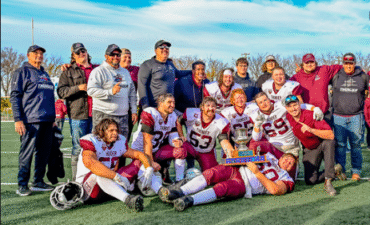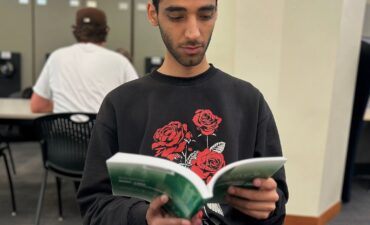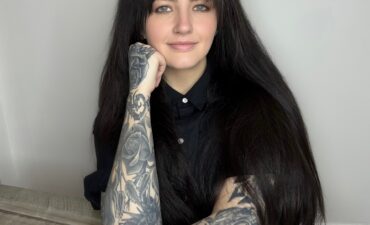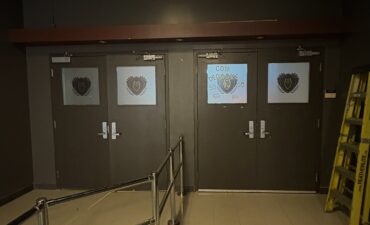
To most, the whipping and clashing of two steel blades is known only in movies like Pirates of The Caribbean. But for Regina native Philip Pitura, these sounds have become a part of everyday life.
What started as living room duels using empty wrapping paper tubes as swords, turned into a passion for fencing that could one day take Pitura all the way to the Olympic Games.
Growing up an ordinary Canadian kid, Pitura was involved in many sports like basketball and hockey but nothing felt right until he tried fencing at age 11. Then something clicked.
“Hockey, for example, is a very technical sport, but learning those techniques seemed kind of daunting and little eight-year-old Phil was not willing to put in the work to learn them,” says Pitura. “But with fencing, it was a sport I could see these technical layers in but also saw how simple and fun it was going to be to get there.”
Pitura picked up the sport quickly, but he really started to excel when he started training with coach Kirk Brecht as a teenager and switched to sabre style — the fastest and most aggressive style of fencing that awards points for hits with every part of the weapon.

After that switch, Pitura became the provincial sabre champion in 2013 and has won that tournament every year since. He also won the under 17 national tournaments in 2014 as well as finishing first or second in the western Canadian tournament multiple times since then.
This past April, the 22-year-old Pitura was chosen as the captain of Canada’s men’s sabre team for the 2018 Commonwealth Games held in Australia, where he finished eighth out of 48 competitors.
He also took the first semester of the school year off so he could live in London for 2 months and train with the English national team while competing in international tournaments.
“It was really an amazing experience to be able to cut everything out but fencing,” says Pitura. “Skill-wise, I improved immensely. I didn’t have any coaching there which was a downside but I had the opportunity to compete in five satellite tournaments in two months, which was all of them on the circuit.”
Initially, Pitura had his sights set on the 2020 Olympic games in Tokyo but after realizing how much “grinding” it would take in such a short time to accumulate enough ranking points to qualify he decided to shift his focus to the more achievable goal of the 2024 Paris Olympics.
Even though his timeline has been pushed back by four years, Pitura has already begun taking his training to another level. On top of practices four times a week and taking three classes at the U of R, trying to complete his degree in computer science, he also started working with a sports psychologist a couple times a month. Pitura says his meetings with the psychologist have been “hugely beneficial” in helping him to improve in the mental aspects of the sport.
“We worked a lot on self-talk where you really have to be able to bring your focus back in during bouts in order so you can continually give 100 percent because if you give anything less than that, you lose,” says Pitura. “We also talked about managing frustrations whether that is with that lack of progress you are seeing or with how the referee is awarding the points.”
Pitura says that the biggest obstacle standing in the way of his Olympic goals are his “International ranking and international experience.” This means every two to three weeks he flies off to another tournament, somewhere in the world in hopes of increasing his world ranking.
Currently, Pitura is ranked in the mid-two hundreds, globally. But with the fluctuating nature of the rankings from about 350 to 150, Pitura could find himself moving up the rankings as soon as this weekend when he flies out to Vancouver to compete before returning home to make it back to class on Monday.















